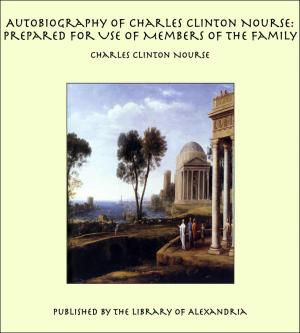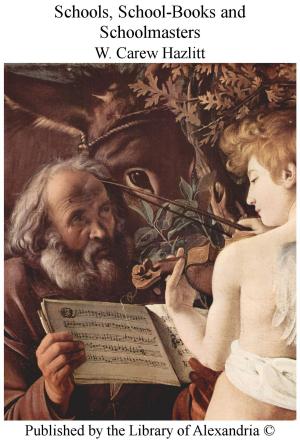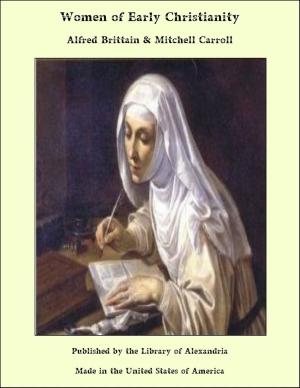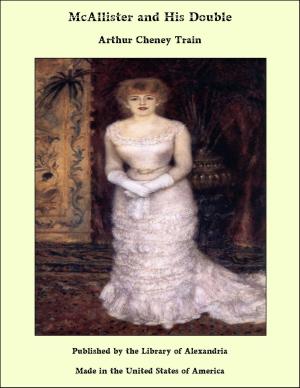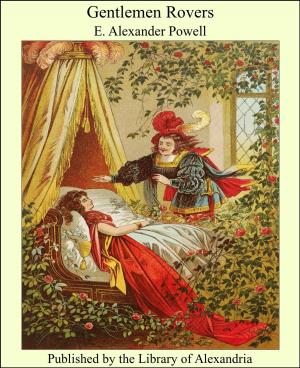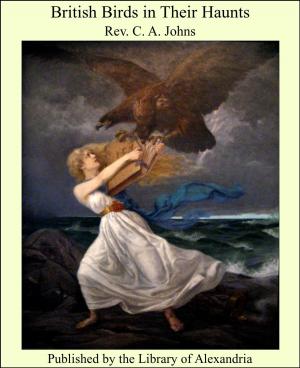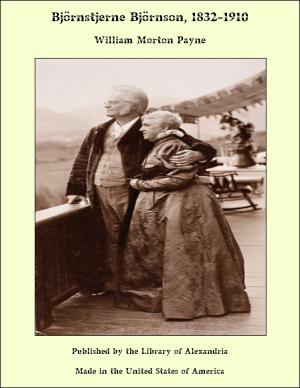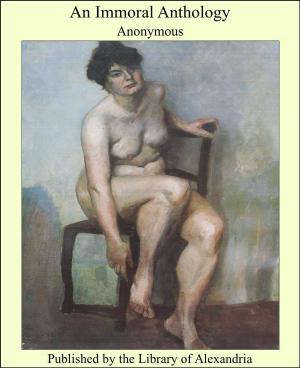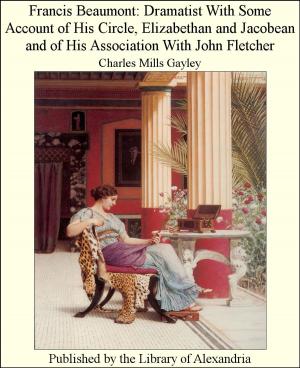| Author: | Louise Jordan Miln | ISBN: | 9781465566560 |
| Publisher: | Library of Alexandria | Publication: | March 8, 2015 |
| Imprint: | Language: | English |
| Author: | Louise Jordan Miln |
| ISBN: | 9781465566560 |
| Publisher: | Library of Alexandria |
| Publication: | March 8, 2015 |
| Imprint: | |
| Language: | English |
The Vicar was suffering—almost as much as he had suffered the night that Helen, his wife, had died—and because he was suffering he dressed his fine cameo-like face in its sunniest smile. That was his way—part of his creed-of-daily-life, an intrinsic part of his self. A godly man, in the sweetest and strongest senses of that overused word, Philip Reynolds had a wholesome flair for the things of earth that both mellow human life and give it a tang. He liked his dinner, and he liked it good. He loved his roses, and he was vastly proud of his turnips. His modest cellar was admirably stocked. He enjoyed the logs that burned and glowed on his wide hearths. He was fond of his books—both inside and out. If he found a newly purchased book (he subscribed to no library) little worth reading, he discarded it. He gave it away, if he held it harmless; if he thought it a hurtful volume, he burned it. But his taste was broad, and his charity—to books as well as to people—was wide. He played a good hand of bridge—though Lucilla, his girl, played even a better. But he could beat the county at whist, and most of it at chess. He still could give a crack tennis player a game, and he could ride neck and neck with the next—and so could Lucilla. But all these things were so much to him only because they that he loved were so greatly more. There were four big human loves in his being and keeping. Three whom he loved were out in the churchyard—only one, Lucilla, still lived. But he loved the three as actively now as he had when they had been here in the vicarage with him. And the creature things he cared for and cultivated—wine, food, games, flowers, books—he cared for and appreciated most because he associated them with the beings of his strong living love: his mother, his wife, Jack, his boy, and Lucilla, his daughter.
The Vicar was suffering—almost as much as he had suffered the night that Helen, his wife, had died—and because he was suffering he dressed his fine cameo-like face in its sunniest smile. That was his way—part of his creed-of-daily-life, an intrinsic part of his self. A godly man, in the sweetest and strongest senses of that overused word, Philip Reynolds had a wholesome flair for the things of earth that both mellow human life and give it a tang. He liked his dinner, and he liked it good. He loved his roses, and he was vastly proud of his turnips. His modest cellar was admirably stocked. He enjoyed the logs that burned and glowed on his wide hearths. He was fond of his books—both inside and out. If he found a newly purchased book (he subscribed to no library) little worth reading, he discarded it. He gave it away, if he held it harmless; if he thought it a hurtful volume, he burned it. But his taste was broad, and his charity—to books as well as to people—was wide. He played a good hand of bridge—though Lucilla, his girl, played even a better. But he could beat the county at whist, and most of it at chess. He still could give a crack tennis player a game, and he could ride neck and neck with the next—and so could Lucilla. But all these things were so much to him only because they that he loved were so greatly more. There were four big human loves in his being and keeping. Three whom he loved were out in the churchyard—only one, Lucilla, still lived. But he loved the three as actively now as he had when they had been here in the vicarage with him. And the creature things he cared for and cultivated—wine, food, games, flowers, books—he cared for and appreciated most because he associated them with the beings of his strong living love: his mother, his wife, Jack, his boy, and Lucilla, his daughter.

